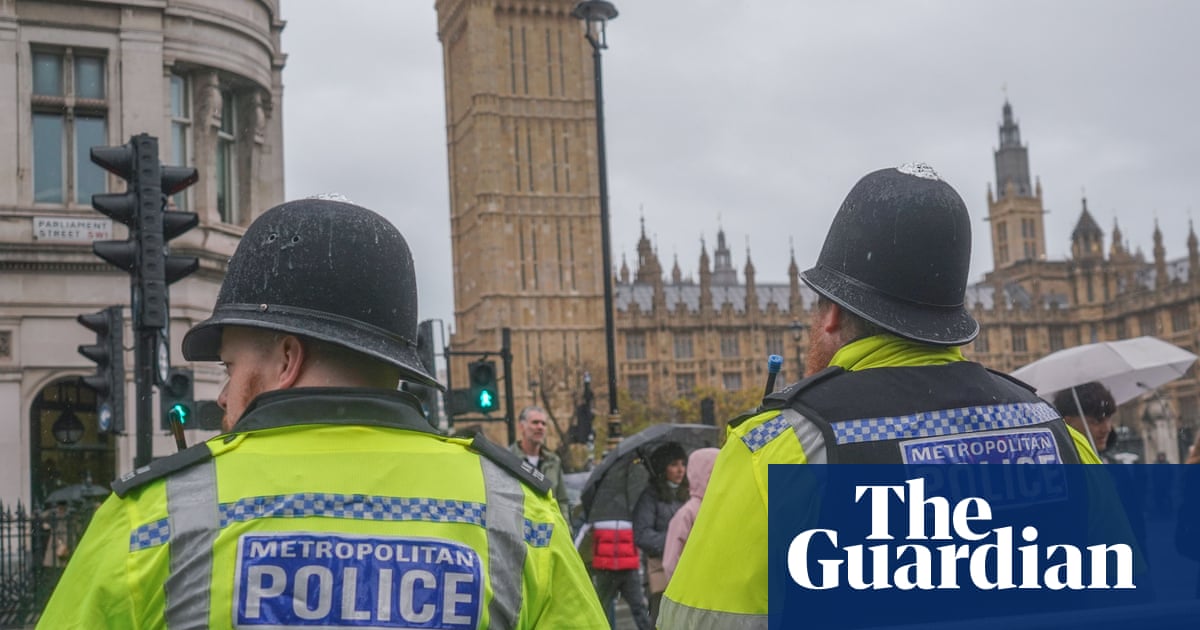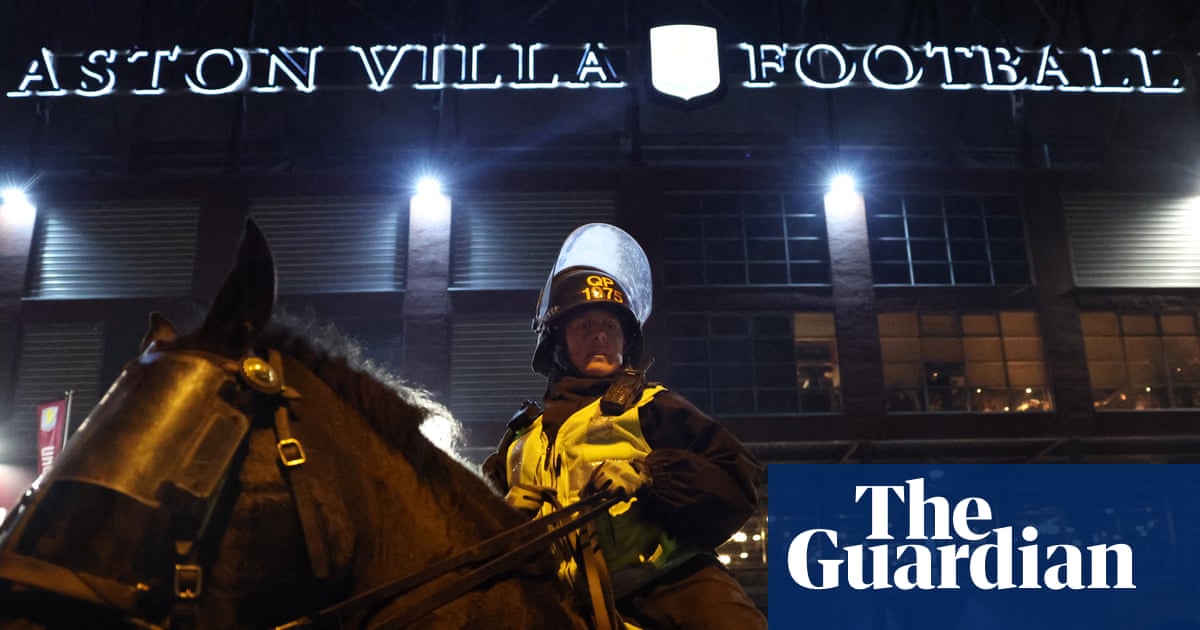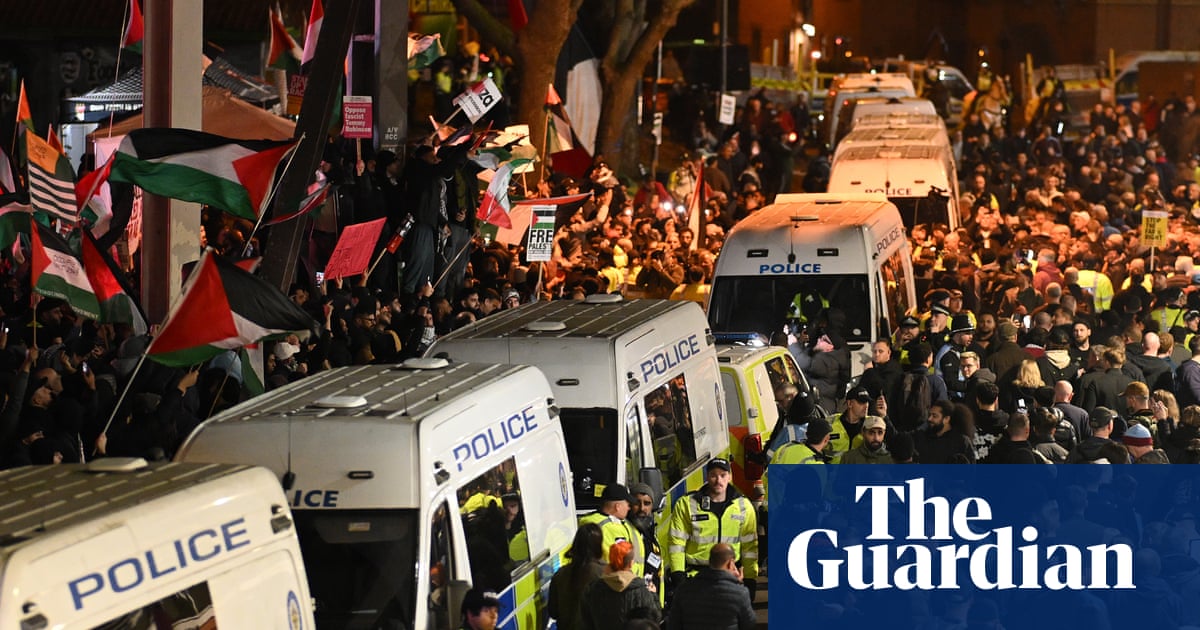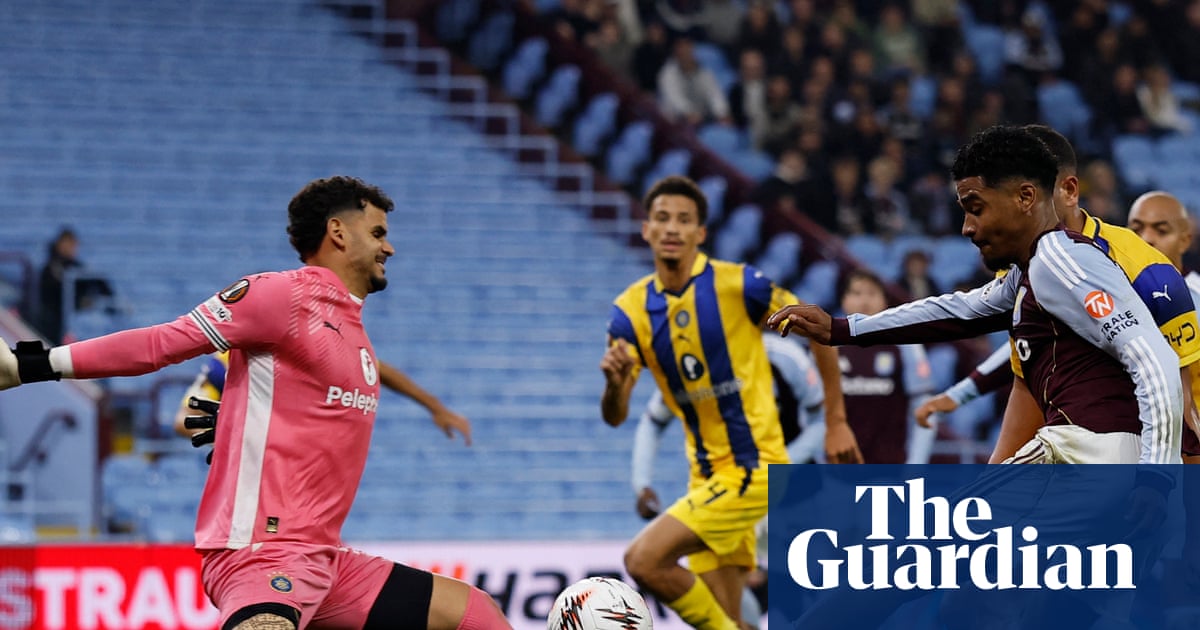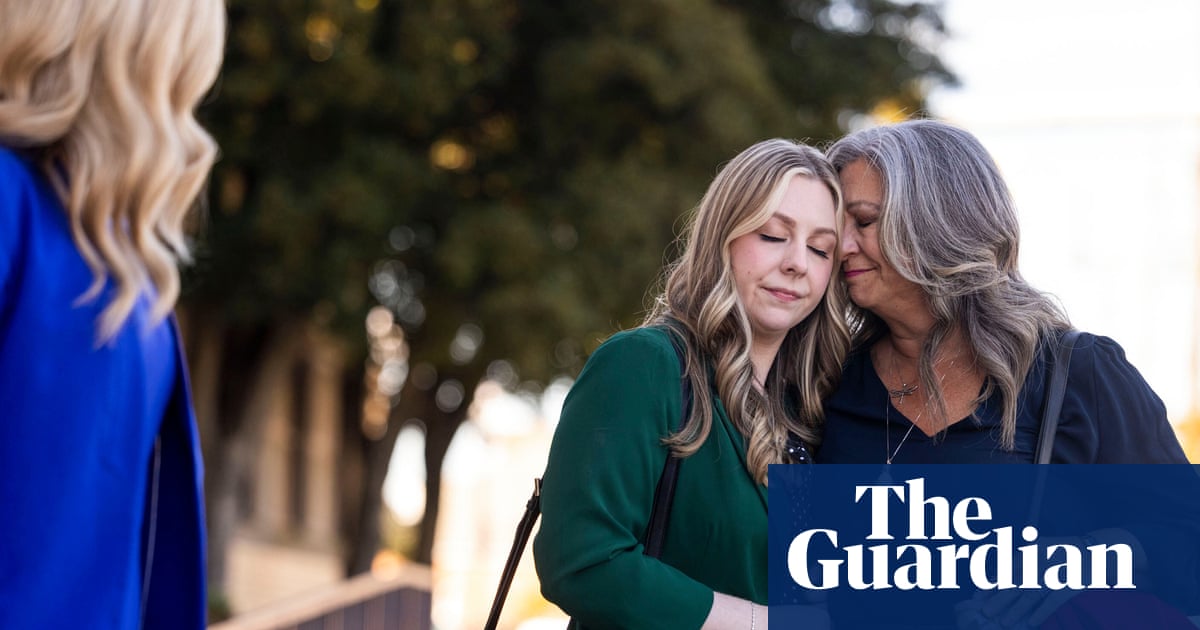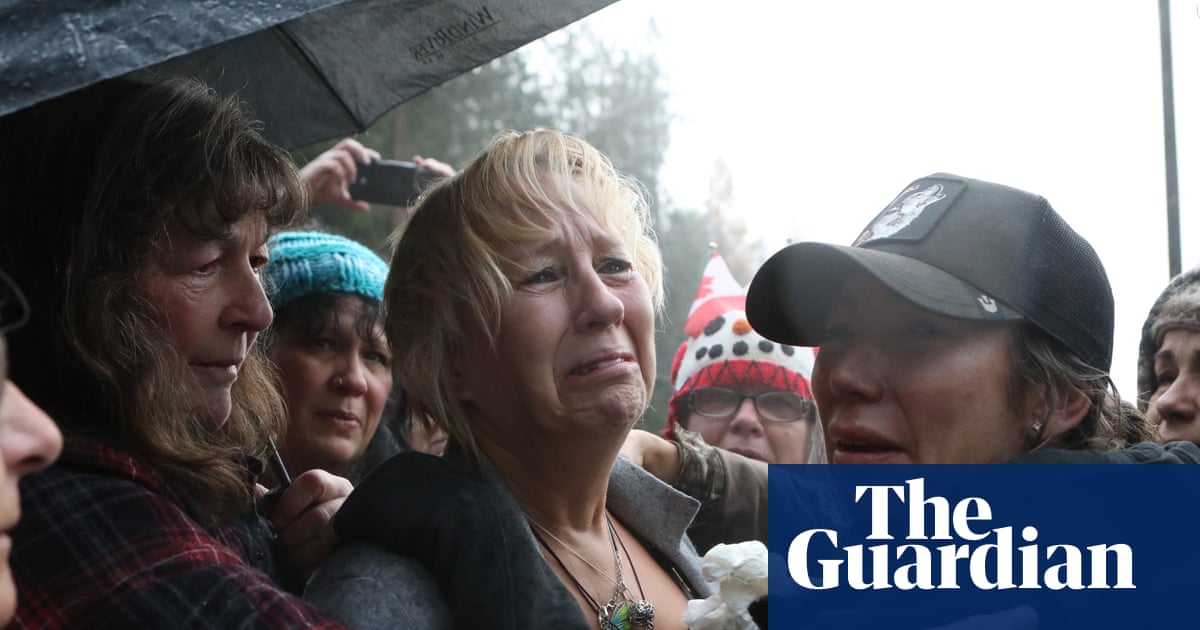Public support for strikes by resident doctors has collapsed, with barely one in four voters now backing their campaign of industrial action, according to the latest polling, which reveals the deepening unpopularity of further NHS strikes.
Previously strong approval by voters for strikes by junior doctors – as resident doctors were known until last year – has halved from 52% a year ago to just 26%.
The fall may be linked to the fact that resident doctors in England got a 22% salary uplift from the Labour government soon after it took power in July 2024 but now want another 29% – spread over several years – to restore the real-terms value of their pay to what it was in 2008.
The new polling by Ipsos, seen exclusively with the Guardian, will increase pressure on Wes Streeting, the health secretary, to reach a compromise with the British Medical Association (BMA) before a planned five-day walkout by tens of thousands of resident doctors on 25 July.
Two in five (41%) of British adults oppose the strikes and 24% are neutral. Slightly more Labour voters (35%) back the doctors’ action than oppose it (32%), with 24% neutral.
“If resident doctors do take strike action this summer, it will be the first time for some years that they go on industrial action without broad-based support from the public, including from Labour voters,” said Gideon Skinner, Ipsos’s senior director of UK politics.
The survey findings also contain bad news for Streeting and Keir Starmer, the prime minister. More than two in five people (43%) think the government is doing a bad job at negotiating with the trade unions. An increase of 7% since Ipsos asked that question last October and almost twice as many as those who thought that (23%) last August.
“Although there is increasing criticism of the way the Labour government is handling negotiations with unions, Labour is not yet receiving the negative ratings that Rishi Sunak’s government saw [when 60% disapproved of its handling of union pay claims], while public perceptions towards the wider picture of public finances are also likely to be playing a part,” Skinner added.
A separate new poll by YouGov reported by the Times found that 36% of voters support the doctors’ strikes while 49% are opposed.
When the Guardian interviewed the new BMA leader, Dr Tom Dolphin, last Wednesday, before Ipsos’s findings emerged, he acknowledged that public support had fallen and that voters “will wonder” why more strikes are looming.
“Doctors have been hugely grateful to the public for their support the whole way through this dispute but I completely understand how people might be feeling now, although there are plenty who do still support us.
“No one likes to have their lives and routines disrupted and particularly when it comes to health and wellbeing, we know people can feel worried.
“The public will remember what the last round of strikes meant for them and their families and now they’ve seen resident doctors getting a pay rise, people will wonder why it’s happening all over again. The reason why is that the [22%] pay rise was only part of the journey to restoring the value of our pay that we’re campaigning for.”
But people would understand why resident doctors were pursuing such a large increase and said media coverage of it was encouraging “jealousy”, he added.
Asked how seeking a 29% pay rise soon after getting a 22% uplift looks to the public, Dolphin said: “I think the public should expect their doctors to be valued properly. I think if you explain to people, when we do explain to people in individual conversations about: ‘What would you do if you had had a 30% pay cut? What would you feel about it? How would you react?’, people do understand [the BMA seeking] that [further large rise].
“Fundamentally, when you talk to people about the unfairness of that and that loss of value, people get it. They understand and they would do the same if they could to restore that value.”
Another recent poll, by the Good Growth Foundation, found that even fewer voters endorse the resident doctors walkouts – 23% – than the 26% identified by Ipsos.
Ipsos interviewed a representative online sample of 1,023 adults aged 18 to 75 across Great Britain on Wednesday and Thursday, just after news of the five-day strike emerged.
Wes Streeting said: “Public support for strikes has collapsed, following the 28.9% pay rise resident doctors have received thanks to this government. Patients are begging resident doctors not to walk out on them.
“Instead of rushing down this unreasonable path, the BMA need to pause and think about the real risk of people losing trust in doctors and the damage that would do to our NHS and the entire medical profession.
“My plea continues to be for the BMA to listen to the public on this, and the majority of resident doctors who did not vote for these strikes. Call off these unnecessary and unfair strikes, work with the government to improve working conditions for resident doctors, and let’s keep rebuilding our NHS.”

 3 months ago
54
3 months ago
54

